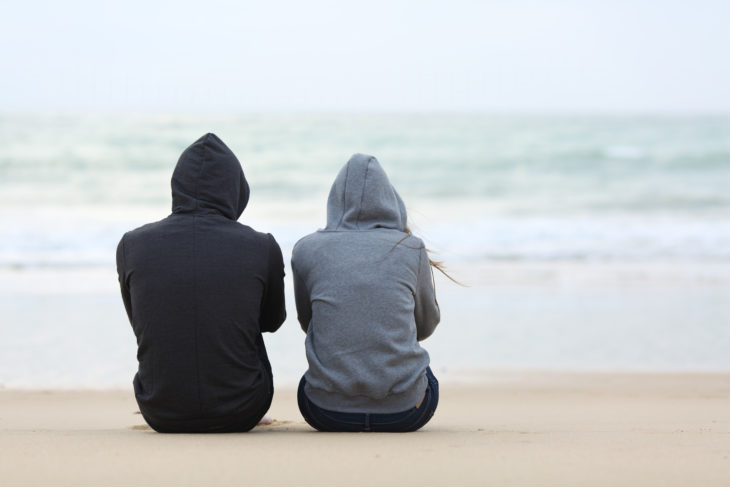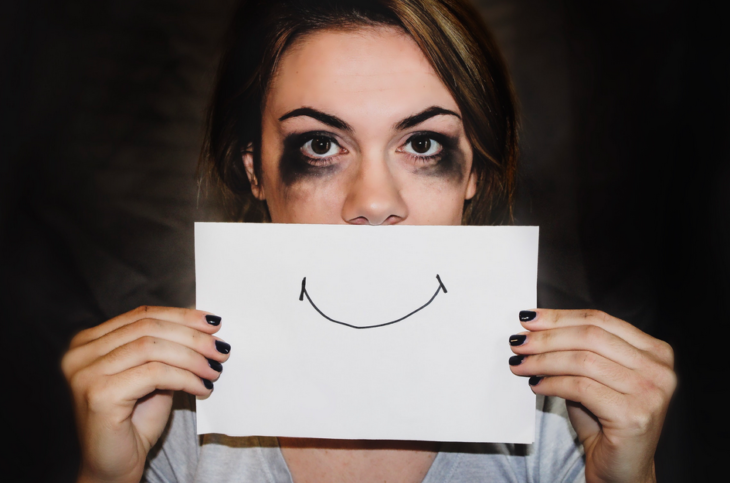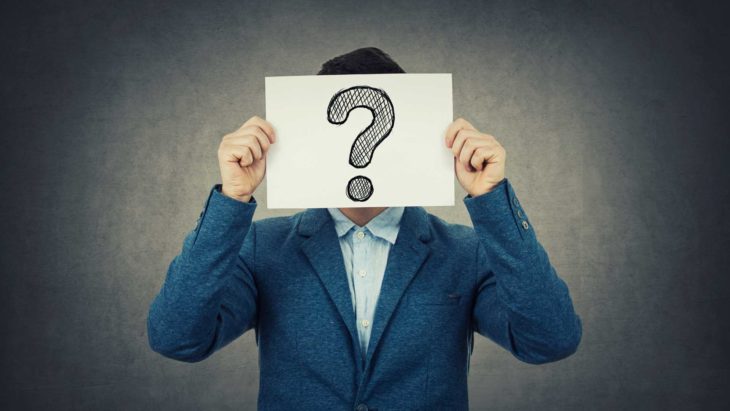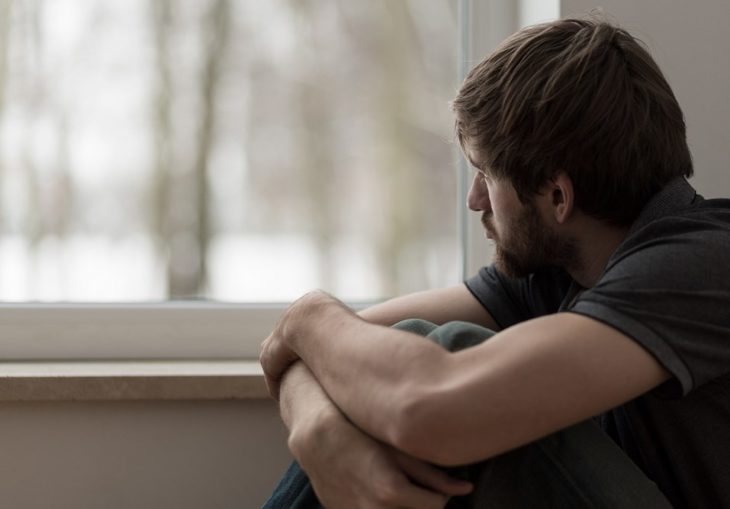“There’s more to life than books, you know, but not much more.”
Ah, the immortal words of my beloved Morrissey – they served as a kind of mantra for me as I stumbled and bumbled through adolescence and early adulthood. Books have been a vital part of my everyday existence for far longer than Moz, though (WHAT?! I KNOW!), serving as my nearest, dearest cultural companion for as long as I can remember.
Books especially saved my ass when I was young (as a super-shy, introspective only child, I got accustomed to spending a lot of time alone). Books swooped me away from my loneliness. They became one of my first Easy Escape Routes of Choice — later I’d add alcohol and men to the mix. (Fortunately, books are socially sanctioned escape routes that I never had to feel lame or ashamed about engaging in night after night — no hangovers! No awkward “Will he or won’t he call?” bullshit!)
Do you have books you turn to again and again, ones you rely on in times of fear, or anxiety, or depression? I do. So I thought I’d lay ‘em out for you here — some of the books I turn to as “medicine” for various precarious emotional states. Enjoy, and add your own picks in the comments.
Grief

Source: cbtassociates
Many would recommend Joan Didion’s classic The Year of Magical Thinking for any kind of grief-related ailment, and I second that emotion. There’s also a random, little-known book I stumbled on a few years back that helped me immensely when I was trying to come to terms with my father’s impending death from cancer. It’s called If the Spirit Moves You, and it’s the memoir of a journalist, Justine Picardie, who goes on a quest to discover whether there’s an afterlife when her sister dies of breast cancer in 2000. Picardie meets a bunch of fascinating people (mediums, psychics, spiritualists, et al) and hears some crazy things. Her writing is lovely, and sometimes heartbreaking — but all in all, super-comforting, cozy and warm, like a cup of milky tea for the tired soul.
Low Self-Esteem

Source: limooueslati
Succulent Wild Woman by SARK may seem to reek of stinky-cheesy New Age quackery, but … it’s so much more, I swear. When I was in college, it saved my ass on more than ten occasions. (Side note: I interviewed SARK once, and it was undoubtedly one of the highlights of my early career. That woman is so goddamn … nice. And genuine. And inspiring.) Succulent is full of so much helpful, nourishing, uplifting goodness — it’s like a super-close girlfriend reminding you about a bunch of things you already know, but keep forgetting. Like how DUH, your body is gorgeous as is, no matter what anyone else f*cking says; and that there’s nothing wrong with being single; and that vibrators are your friend, dammit; and that confidence is an inside job. Oh, and SARK is really gung-ho about surrounding yourself with adventurous, inspiring female friends (because obviously). Don’t have enough of those? Do what SARK would do: Throw on your brightest, most obnoxious colors and go find some!
Anxiety

Source: Shutterstock
When I was a teenager, I was obsessed with using the I-Ching (specifically THIS version of it) as a tool to help manage my near-constant anxiety. Surprisingly, it really helped — and it still does. For the uninitiated, the I-Ching is an ancient Chinese oracle that helps provide answers about what to do in life’s tougher moments. You ask a question, basically, then the book gives you an answer (you have to toss a set of pennies in the air and record how they fall, then look up a corresponding pattern in the book to get your “reading”). I don’t rely on it as much as I used to, but there’s something incredibly soothing and meditative about the whole routine, and the summaries are generally super-helpful, no matter what ragged emotional state you find yourself in. It may sound a bit woo-woo, but I promise, it’s rad.
If you’re anxious, especially about the state of the world, opt to read Neil Gaiman and Terry Pratchett’s Good Omens. Though it doesn’t really help with the apocalyptic mentality, it does manage to paint an entertaining picture of it.
Identity

Source: noloneliness
Most of my identity issues revolve around being adopted (it can fuck with you, man). I thought I’d read everything there was to read on the subject, but then a therapist recommended a book I’d never heard of: Coming Home to Self. That book saved my hide in a bunch of ways. It’s the closest thing to an Adoptee Life Instruction Manual that I’ve ever come across — I’ve cracked it open multiple times when feeling rootless or unsure, and I’ve underlined, well, just about the entire thing. Seriously, if you’re adopted and you have conflicting feelings about your history or uncertainty about where you belong, you need this book.
My coworker Hannah says she depends on Franny and Zooey and the graphic novel Blankets when she’s having issues with life about figuring out what she’s “meant to do with myself and … ‘who am I, and what is my place?'”
Depression

Source: TruthBehindTruth
When I’m depressed, there are a few different books I might turn to, depending on what kind of shittiness I’m feeling. For shittiness around drinking, addiction, or sobriety, it’s Drinking: A Love Story all the way. Caroline Knapp’s memoir about her passionate affair with alcohol (OK, her alcoholism, and her eventual recovery) is super-powerful and nearly impossible not to relate to.
When I need a broader perspective on mental illness, specifically on the gross black tar of depression, I pull out The Noonday Demon, an “atlas” of all things depression. It’s a huge book but a surprisingly quick undertaking, probably because the entire thing is so fascinating, and useful, and compulsively readable.
And if I’m feeling sad or sorry for myself about being hurt by anything romance or dude-related, I bust out one of my favorite books from high school: a book of short stories called Lust by Susan Minot. The title story is just … perfection. I remember first reading it for an English class, and feeling that stunning smack of recognition – THIS IS ME. It haunts me still, though all the stories in the book are pretty great (and they’re all about men, women, and the minefield of relationships). Highly recommended for your next dating or heartbreak-related freakout.
What are some of the books you’ve used as “medicine”?
Original by:
